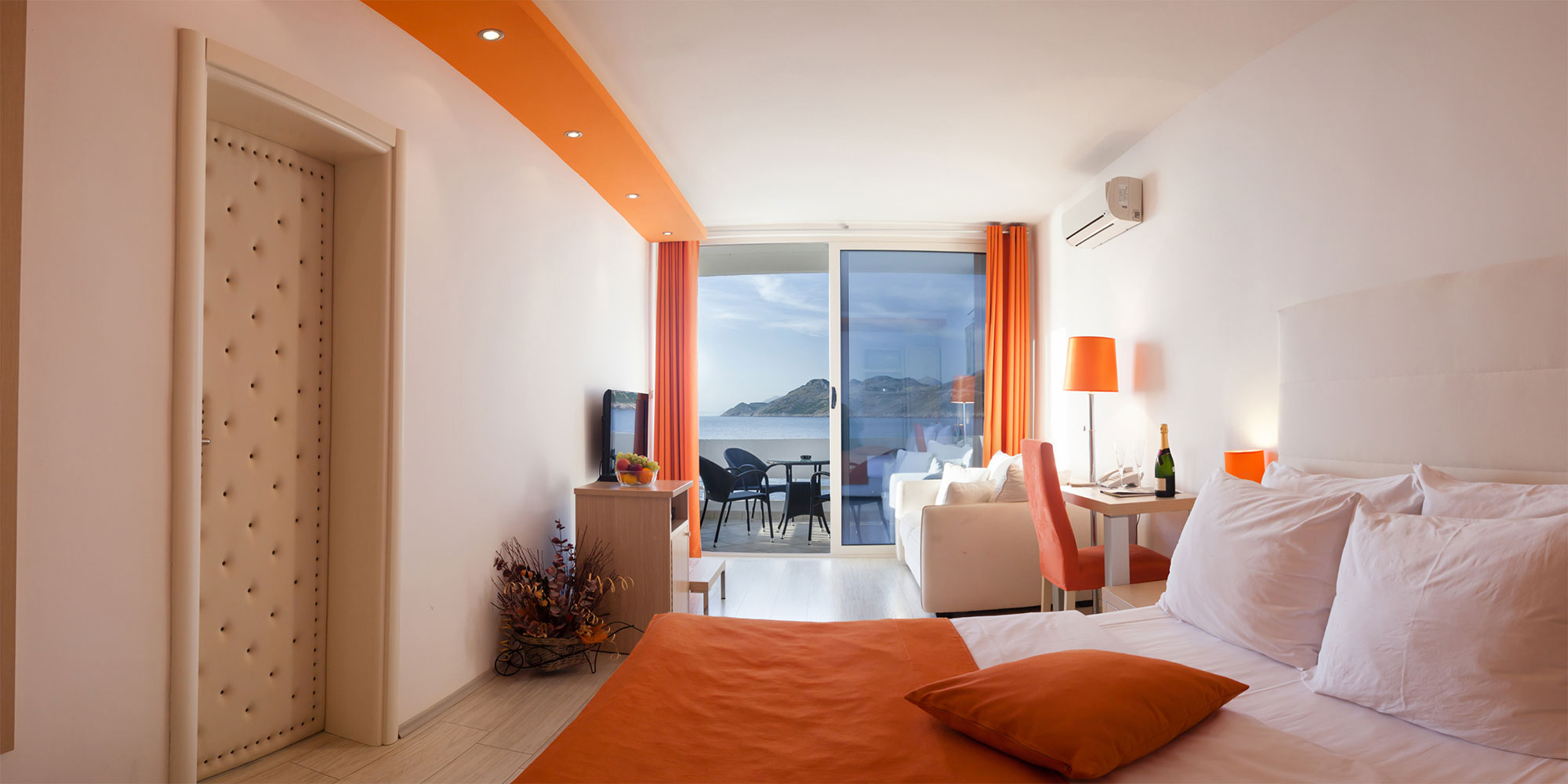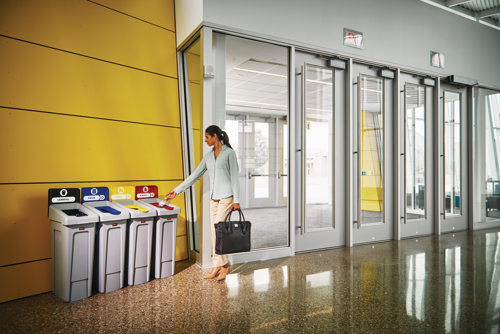
Hospitality businesses have a lot of aspects to consider. This includes but isn’t limited to gyms, pools, restaurants, rooms, common areas and bathrooms. Therefore, unlike businesses, such as restaurants, they need to consider multiple different cleaning strategies to guarantee they maintain the highest level of cleanliness.
For example, the cleaning and sanitising protocols that take place in bathrooms will need to be much different to those occurring in kitchens or bedrooms. So, business owners must have a detailed cleaning schedule to guarantee that their cleaning staff always keep pathogens and bacteria to a minimum.
The following blog explores some of the most common facilities available in hotels and how businesses can apply best practices to maintain their cleanliness. 
Keeping Hotel Facilities Clean: Gyms
Gyms allow guests to keep up with their fitness routines while on holiday. Though they are a handy facility to have available for guests, if they aren’t cleaned regularly, they can also become a hub for dangerous bacteria and pathogens. This is because, as many studies show that perspiration can be a leading cause of the transmission of viruses.
The Rubbermaid Commercial Products team has an extensive list of gym blogs to guarantee that all machines and gym equipment remain bacteria-free after each use. These are excellent reference points for hotels with fitness facilities to reference.
Some other tips include:
Keeping Hotel Facilities Clean: Common Areas
Hotels have several common areas available. This may include foyers, dining areas, reception and outdoor seating areas. As these areas see high foot traffic, they can become quickly contaminated with viral infections and harmful pathogens. So, they must be cleaned frequently.
It is recommended that cleaning takes place no less than once every two hours in these settings. However, if there are visible signs of contamination, such as spills, they must be cleaned sooner. Elements of these settings can also be cleaned using Rubbermaid HYGEN cloths. Though, staff must also consider Rubbermaid HYGEN mop heads and disposable mop heads to guarantee the highest level of cleanliness across all aspects of these areas.
To prevent waste from entering the floors or being left on surfaces to cause contamination, hotel managers and owners must also equip these common areas with the right waste bins. Options, like the Slim Jim Stations, are highly effective and visible, but will not impact the general look and feel of the premises much, meaning they will still sustain a positive guest experience. 

Keeping Hotel Facilities Clean: Shared Bathrooms
Shared bathrooms, like those found on the reception level of hotels, can become quickly contaminated due to high foot traffic. So, they must be checked and cleaned hourly to prevent a build-up of potentially dangerous pathogens.
Cleaning bathrooms is much like cleaning other facilities in the business. They require the use of HYGEN microfibre and cleaning solutions. However, the bacteria in bathrooms are usually more dangerous, due to their origins. So, cleaning safety must be maximised during these cleans.
To prevent pathogens from spreading or cross-contamination, staff should:
To add an extra level of cleanliness to these facilities, hotel owners should also consider air care systems. While these don’t have a direct link to eradicating bacteria, they can dispel smells, which would otherwise bring down the prestige of hotel facilities.
It is important, as well, that all handwashing solutions are kept well-stocked at all times. Without soap, hotel owners and managers cannot guarantee that staff will remove all pathogens from their hands after using the bathroom. This can then heighten the risk that bacteria and microorganisms spread across into other hotel facilities, which could cause widespread viral outbreaks.
Rubbermaid Commercial Products is Here To Help Hotels Understand Their Cleaning Needs
One of the best ways to improve a hotel's ranking is by ensuring that it is clean and sanitary. It is, therefore, important that all hotels have a clean outwardly appearance if they want to generate revenue and receive positive feedback. Though, guests must also feel healthy during their stay, which is where sanitisation comes in. This means they should contract any serious infections simply by touching surfaces or using the facilities available to them.
As a leader in the cleanliness and sanitisation space, Rubbermaid Commercial Products understands that hotel owners and managers may not have all of the information they need to guarantee they are keeping their facilities free from pathogens. So, should you need any assistance, contact the team today to find out what you can do to better your cleanliness protocols.